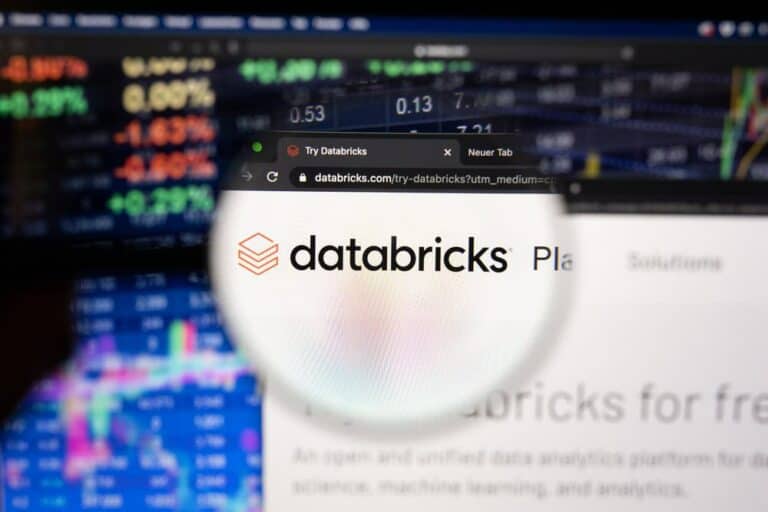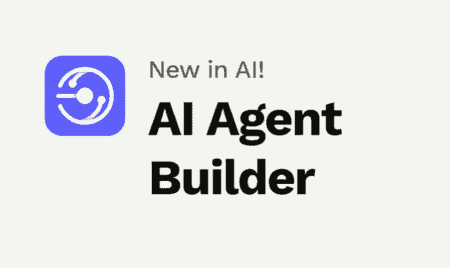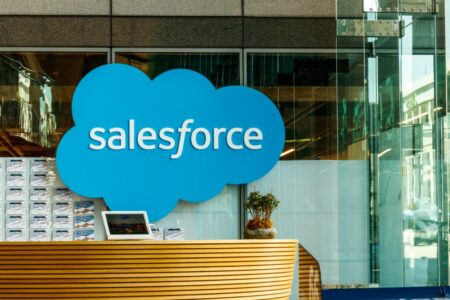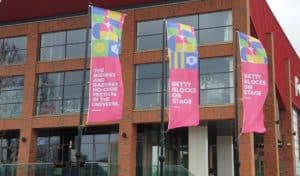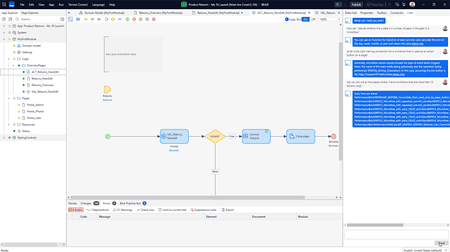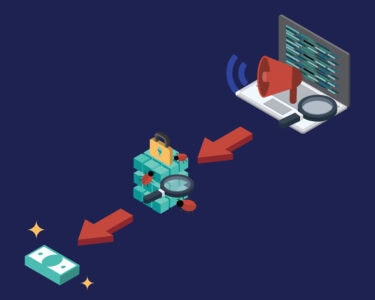8080 Labs, developer of bamboolib, was acquired by Databricks. With the acquisition, Databricks adds a low-code data analysis solution to its portfolio.
Bamboolib is a low-code GUI app for analysing and exporting data in Python. Familiarity with Python and general programming is not a prerequisite for usage: according to developer 8080 Labs, any team member can analyse data through a combination of Jupyter and Python.
Databricks is clearly enthusiastic about the solution, announcing the acquisition of 8080 Labs on October 6, 2021.
Databricks opts for low-code
Databricks is known for developing a platform that structures, labels and presents data in Azure, AWS and Google Cloud to applications for BI, ML and AI purposes. Its solution covers a much broader area than the analytics-specific bamboolib. Goals are similar, but profiles of intended users differ. Data professionals working with Databricks bear little resemblance to the low-code user base that bamboolib successfully manages to find – which is precisely why the acquisition hints at a strategic move.
“We’re competing with biggest tech companies of today”, Databricks CEO Ali Ghodsi says in response to a recent investment round in which Databricks secured €1.36 billion in funding. “The market for big data services is a land grab. We want to build on it as quickly as possible and complete the picture.”
Acquisitions of distinctive software undoubtedly correlate to the latter. Bamboolib is not the first low-code solution to merge into Databricks. Redash, a low code tool for SQL interaction and visualisation around data, was acquired in June 2020. The future of Databricks appears to be low-code.
Future integration
Bamboolib is to become part of the Databricks Lakehouse Platform. Databricks offers native integration with Jupyter, which facilitates automatic translation from Python to other programming languages (and vice versa). A combination of bamboolib and Jupyter – or other so-called notebook tools – allows users to analyse data in various languages, independent of knowledge that is traditionally conditional for doing so.
